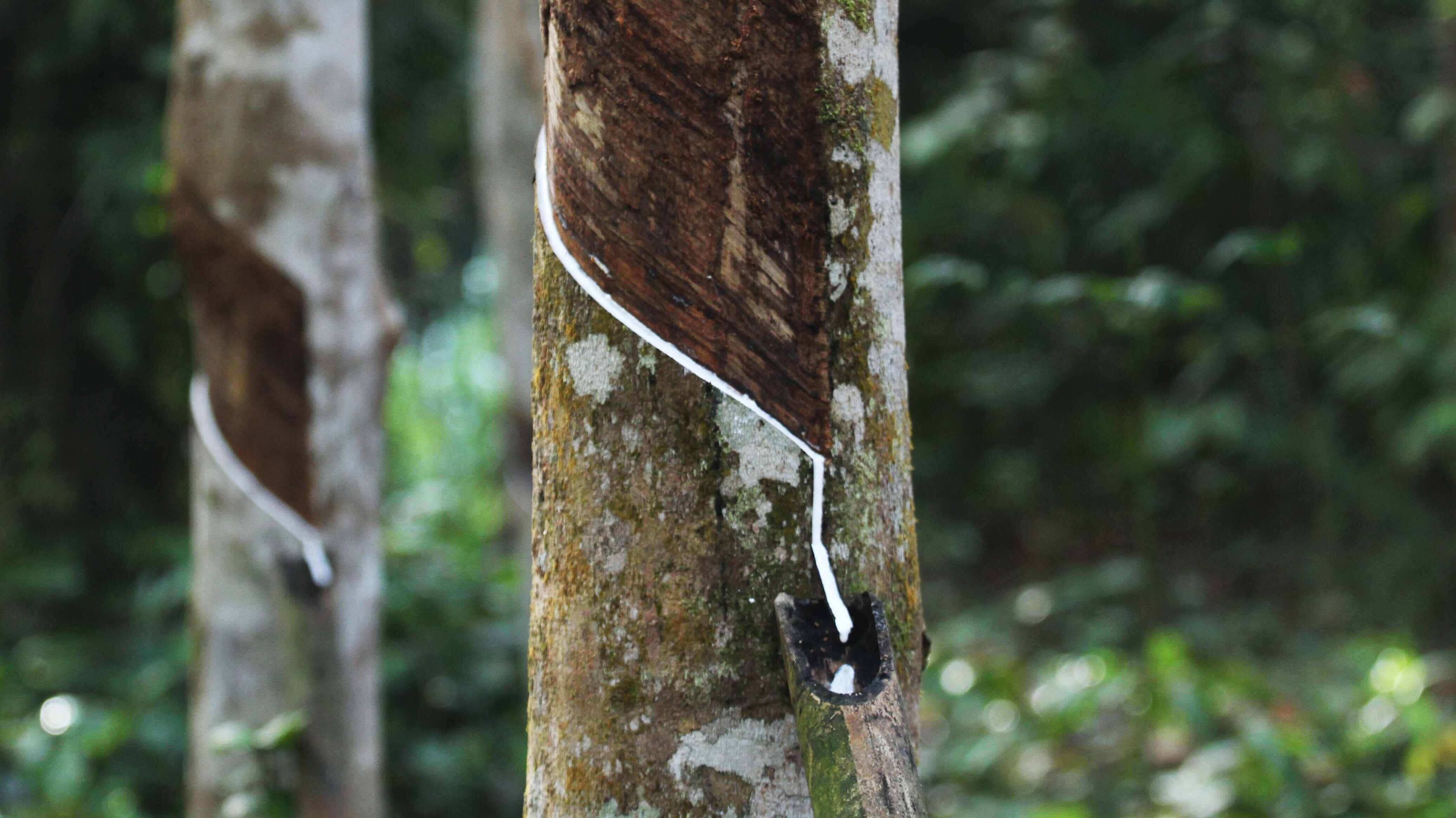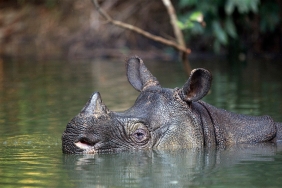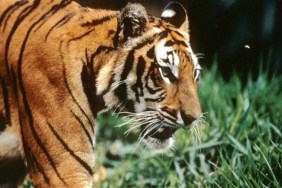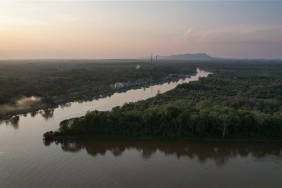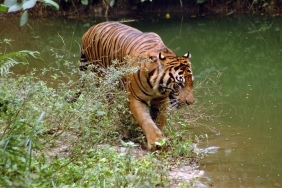STRENGTHENING FARMERS, INCREASING THE VALUE OF RUBBER PLANTATION YIELDS!
By: Darmansyah Lubis
Siguntur Village, Dharmasraya Regency, is not only known for the kingdom of Dharmasraya. Siguntur Village has begun to develop its rubber plantation concept to be more environmentally friendly and able to increase the income of the farming community.
Rubber farmers in Dharmasraya have been facing severe challenges with the long distribution chain in rubber production. There are at least four layers, starting from the farmer, then the first middleman at the kampong level, then into the second middleman and then the tauke. After that, it goes to the factory. So that if the purchase price at the factory is IDR 2,000 per kilogram, for example, the price of rubber at the farm level will be far from the figure at the factory level.
WWF-Indonesia and the MCA-Indonesia team found that farmers find it difficult to get a better price because the chain is too long. According to the farmers, each rubber collection node will definitely take profit.
WWF through the MCAI RIMBA program since 2016 has assisted 9 rubber farmer groups in Dharmasraya district. WWF provides training on sustainable rubber cultivation, which is expected to increase the value of the rubber harvest. So far, there are 209 independent rubber farmers from 9 farmer groups in 6 nagari and 4 sub-districts participating.
In addition, the main problem of the farmers in Dharmasraya is the need for more effective, economical rubber plantation management without damaging the environment. So there is a high need to improve the ability of the community to manage their plantations.
Of course it cannot be done by one individual. The farmers realize that they have to group together. By grouping together they also have more ability to resist the strong currents of pressure from the middlemen. They even believe that they can become direct suppliers to the factory. This group awareness is also being raised through assistance by WWF.
"We realize that without a group, we can't do anything. From planting to collecting rubber together. If we can continue together, then we will be better off. For example, we can get a better rubber price if we stay together," said Sriyati, a woman rubber farmer who became one of the participants of the mentoring program from WWF. Sriyati leads the Berkah Tani Group in Nagari Koto which consists of 30 farmers, both men and women, with a plantation area of 38 hectares.
This togetherness is believed to be a way to unite all existing strengths. With togetherness, they can also directly access various rubber factories in Dharmasraya or surrounding areas.
"We will encourage farmers to cut the long market chain. So that farmers are entitled to a better price," said WWF MCAI RIMBA Program Cluster1 Manager, M Yudi Agusrin.

